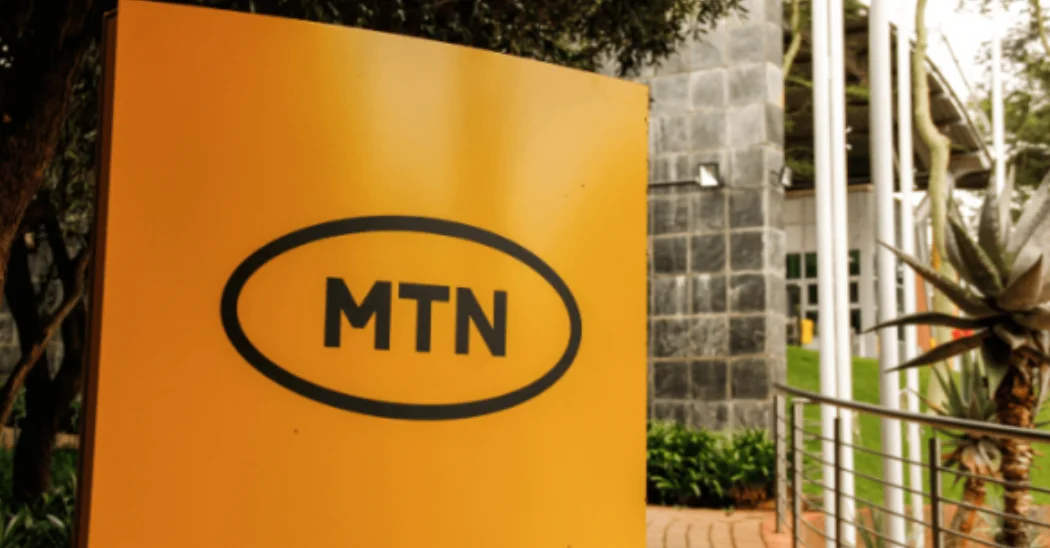MTN South Africa reported mixed results for the third quarter of 2025, showing growth in its customer base but declines in key revenue segments. The operator’s total subscriber count rose 2.1% to 40.1 million, yet voice revenue dropped 2.8% year-on-year, and fintech revenue also fell 5.1%.
According to the Group’s financial statement released on Monday, MTN SA’s service revenue grew 1.4% in reported currency to R32.01 billion in Q3’25. However, persistent weakness in the voice segment continued to weigh on performance.
Voice and Fintech Revenue Face Pressure
The decline in voice revenue was mainly driven by weaker results in the prepaid consumer segment. MTN noted that this was partially offset by a 4.4% increase in postpaid voice revenue, which softened the overall decline.
Operating profit also slipped during the quarter. EBITDA fell 4.8%, while the EBITDA margin dropped by 0.4 percentage points to 35.8% (or 35.9% excluding tower disposals and the sale of its device insurance portfolio).
Fintech revenue experienced a 5.1% drop, linked to a slowdown in the use of Xtratime services and lower recharge activity. Despite this, MTN said its MoMo business achieved “robust” growth year-on-year, largely powered by the performance of its InsurTech products.
Data Revenue Remains a Bright Spot
Despite challenges in voice and fintech, MTN South Africa said it delivered a “resilient performance” in a highly competitive environment.
Data remained the strongest contributor during the period:
- Data revenue grew 6.4% in Q3’25
- Data revenue for the first nine months increased 5.0%
- Active data subscribers increased 1.7% to 22 million
- Data traffic surged 24.7%
- Data revenue accounted for 48.8% of total service revenue, up from 47.4% a year earlier
The company also recorded a notable rise in data usage. Average monthly consumption per prepaid active data user jumped 27% to 4.1GB, reflecting increased smartphone penetration and stronger customer engagement.
Macroeconomic Conditions Show Improvement
MTN highlighted that South Africa’s economy showed positive signs during the period, supported by stable inflation, lower interest rates, and a relatively steady rand. The local currency benefited from favourable commodity prices and improved investor confidence.










